Post-Pandemic Trends
In many ways, COVID-19 changed us, and some of the effects may last for years. Other concerns like climate change will dominate our conversations as our society looks for solutions.
Here are five trends that will define 2021 and beyond.
Older Adults will Outnumber Children
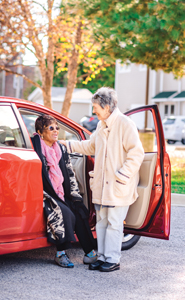
The older adult population is growing, and a study released by the U.S. Census Bureau two years ago found that by 2030, one in five residents will be at retirement age. By 2034, in fact, the older population will outnumber children under 18.
That means that the community must be committed to developing solutions for everything from independent and assisted living options to additional technology support — in order to make life easier for older adults.
As part of this effort, The Associated launched AgeWell Baltimore, a one-stop resource to help older adults live safe, healthy and meaningful lives. A collaboration between The Associated and its agencies, CHAI, CHANA and Jewish Community Services, AgeWell Baltimore will offer older adults and their caregivers resources that support independence and promote healthy aging.
Funded by the Russel family, AgeWell Baltimore includes an easy-to-navigate website featuring health and wellness resources and support services as well as volunteer and social opportunities. An AgeWell Specialist will help older adults connect to whatever they need.
Mental Health Must Be Addressed

Since the start of COVID-19, the world has seen an increase in the number of people struggling with their mental health. According to the Pew Research Center, roughly three out of every 14 U.S. adults are experiencing high levels of emotional distress since the pandemic, further demonstrated by increases in depression, substance abuse, post-traumatic stress disorder (PTSD) and re-entry anxiety.
With the demand for mental health services far exceeding the availability of providers, the future depends on continued access and flexibility in how care is delivered as well as the way society approaches mental health as a whole. COVID-19 has illustrated that ensuring better health outcomes requires greater focus on mental wellness, prevention, attention to environmental factors and health inequities and integration of mental and physical health care. In addition, communities must reduce barriers in accessing much-needed clinical treatment for mental health conditions.
The Associated’s Jewish Community Services (JCS) is responding to these trends by building new prevention education and community programs. Topics include a focus on re-entry anxiety and the challenges faced by individuals and families struggling with substance use disorders.
Similarly, by rapidly initiating telehealth to safely provide needed services without interruption, JCS responded to the growing demand for access and flexibility in delivering mental health services. In tandem, JCS applied for a grant to provide technology to clients who would benefit from continuing telehealth post-pandemic and is monitoring telehealth regulations closely to inform implementation. This hybrid model of telehealth and in-person visits is designed to eliminate access barriers in mental health care, delivering services via video or in-person, as per clients’ unique needs.
The World Will Go Greener
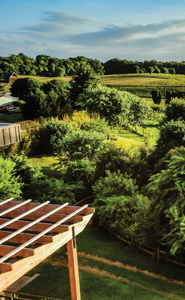
As climate change becomes one of the most pressing concerns for our future, businesses are finding ways to reduce their carbon footprint. Sustainability is at the forefront of many organizations’ missions, and The Associated made a conscious effort to go green more than a decade ago.
That decision aligns with The Associated’s mission which is deeply rooted in Jewish values of Tikkun Olam, repairing the world. It drives the organization’s commitment to be good stewards of the environment.
As part of these efforts, The Associated entered into an agreement at the end of 2020 to have a solar farm constructed on a warehouse complex in Baltimore City. When operational this year, it will offset 50% of the electrical needs for the entire Associated system, which includes its headquarters on Mt. Royal Avenue, two Jewish Community Centers (JCC) and other owned buildings that house its many agencies.
The Associated also extended its sustainability efforts to the greater community. Its Green Loan Fund provides up to $500,000 to other local nonprofits looking to improve their energy efficiency. And Pearlstone, an Associated agency committed to sustainability, is partnering with Neighborhood Sun to offer homeowners the opportunity to invest in solar without adding rooftop panels to their houses.
Abuse Cases Will Continue to Surge

In the past year, cases of domestic abuse soared. CHANA, an Associated agency that provides a Jewish response to people experiencing abuse, saw a 131% increase in client contacts.
At the same time, older adults who were abused, often by family members, felt they had nowhere to turn. Dependent on their abusers to take them to doctors’ appointments or to make sure they had food and medicine, they kept quiet.
During the pandemic, CHANA’s advocates worked around the clock to provide legal advice, counseling and safety measures to help individuals leave their abusers.
As the pandemic lifts, CHANA anticipates a surge in cases that will continue to be felt years to come.
With an eye to the future, CHANA introduced a live, online, secure and confidential CHAT for victims of abuse who cannot call for help or who are afraid that their calls are monitored. Finally, they are expanding their prevention education programming to make sure teens, young adults and older individuals recognize the signs before they become involved in an abusive relationship.
A Need for More Human Connection
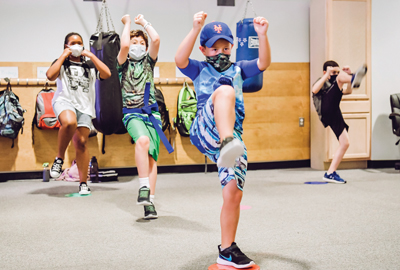
After more than a year in quarantine, many are feeling the need for connection more than ever. As individuals begin to venture out, they will reestablish community connections.
For some, this will be a slow transition. Yet, as time goes on, expect individuals to crave new opportunities as they strive to do more and meet new people.
Nothing builds community like volunteer work. Jewish Volunteer Connection* (JVC) and its volunteers have been working throughout the pandemic to assist individuals inside and outside the Jewish community. As more people become vaccinated and are able to gather in groups, they will once again look for new ways to help others through hands-on service opportunities.
At the same time, for those with young children, there is a desire to meet other families with similar interests. Connectors, a program of the Macks Center for Jewish Education* (CJE), is designed to connect Jewish families in and around Baltimore. Connectors hold playdates, meetups, holiday celebrations and more to create community for local families — or even just parents — in their neighborhoods.
Since 1854, the JCC* has been committed to forming connections between community members. During the pandemic, many JCC programs went virtual. While the JCC will continue enforcing strict health and safety policies, the staff are excited to welcome you back to its Park Heights and Owings Mills locations.
* JVC, CJE and the JCC are Associated agencies.
Subscribe to our newsletter
The Associated is a home for everyone in the Baltimore Jewish community. We offer several email lists to help people find a community, engage with their peers and support Jewish journeys around the world.
Join Our Mailing ListAdd Impact to Your Inbox
Sign up for our newsletter
Subscribe to our newsletter
The Associated is a home for everyone in the Baltimore Jewish community. We offer several email lists to help people find a community, engage with their peers and support Jewish journeys around the world.
Join Our Mailing List
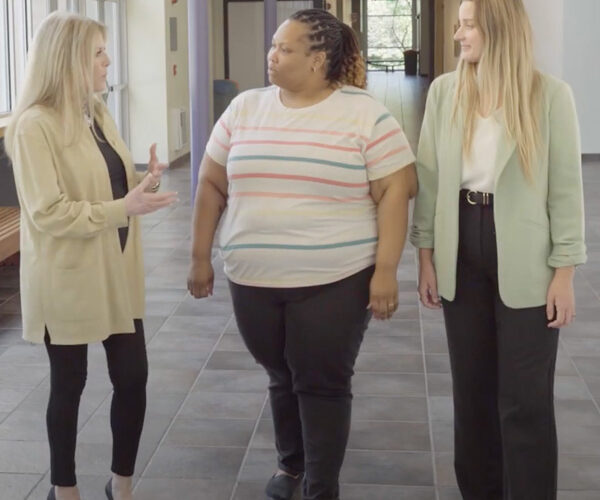
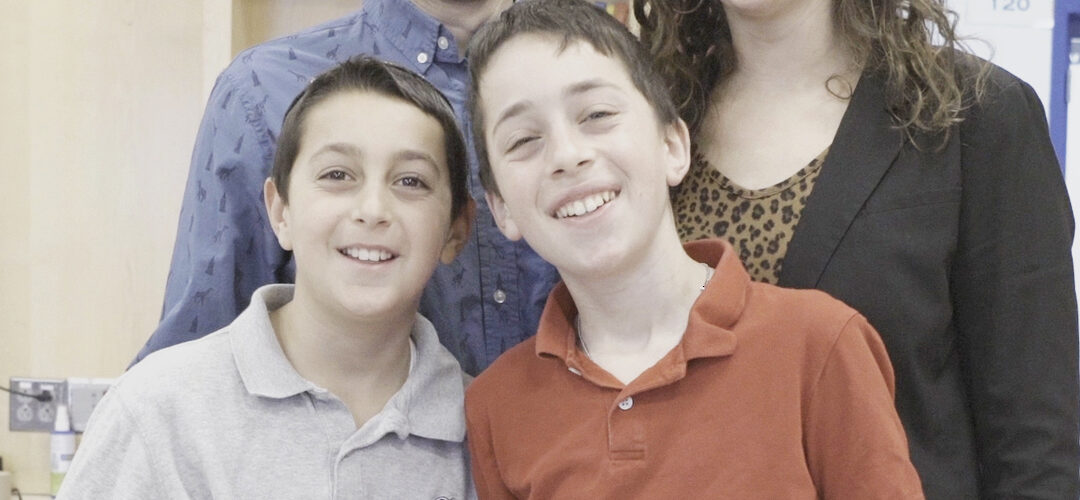



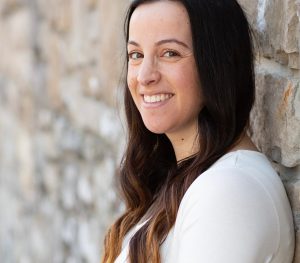

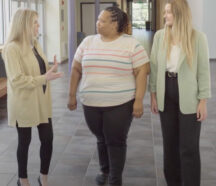

 Please Wait while we loading your video.
Please Wait while we loading your video.